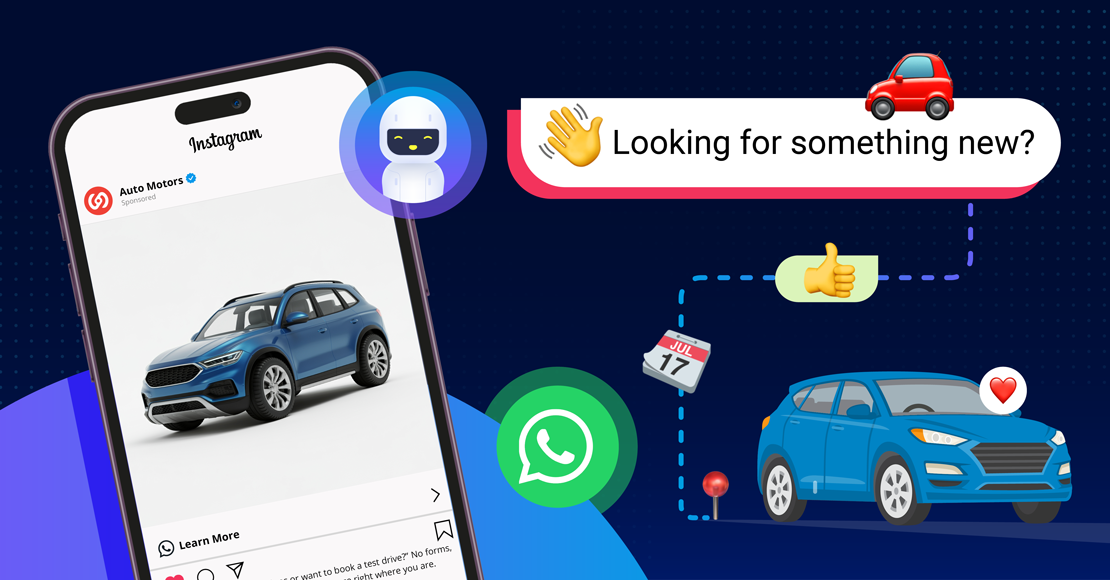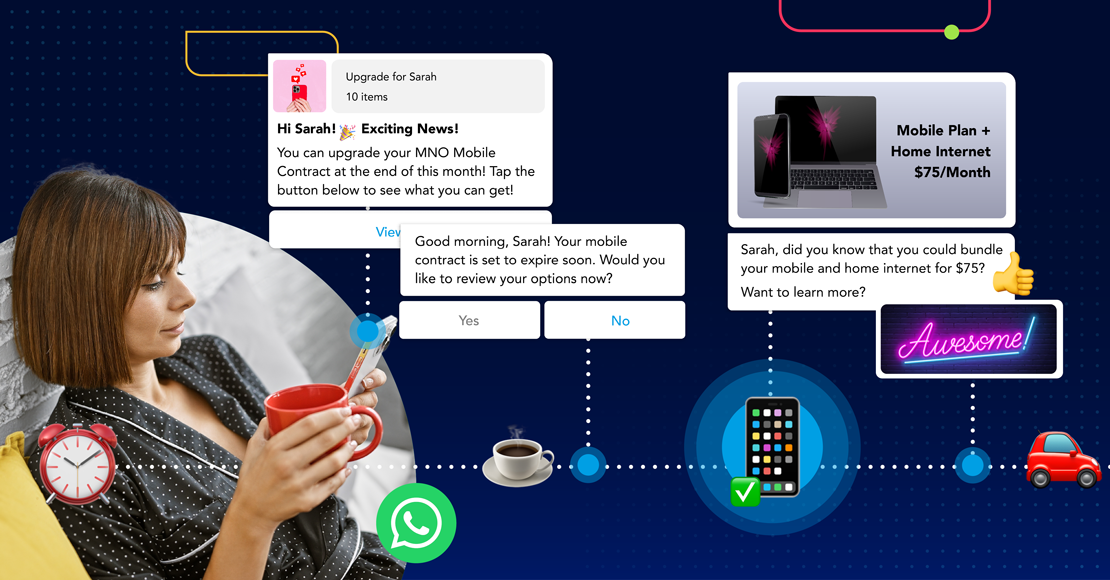
Brett White, CEO at Zapper
In Part II of our conversation with Zapper CEO, Brett White, we take a look at what he believes the future will hold. He also gives us some insight into what tech trends he believes will impact our digital economy.
Challenging tradition to benefit the consumer
Unsurprisingly, Brett’s crystal ball is filled with images of payment technology. He believes a good part of his sector’s future will revolve around the payment rails.
“I see a big shift coming in terms of how the banking industry works. Right now, all the payment solutions like Zapper, Snap Scan Masterpass, etc., rely on the card rails from big card companies like Visa and Mastercard. These come with higher interchange tariffs from the South African Reserve Bank when compared to a card-present payment with a pin entry device. This is not optimal and should change.
“I also think the Open Banking movement developed abroad needs to come to South Africa. It would give us an environment where you can have account-to-account transfers instantaneously that don’t necessarily require card transaction fees. This innovation will be a massive boost for the local economy and especially for the retailers who are forced to pay the banks transaction fees based on the current infrastructure.”
Brett goes on to explain how the current regulations have not kept up with technological developments: “The way money is moved is based on legacy, on reasons that no longer apply. We are no longer processing card transactions with a machine and carbon paper that requires manual intervention. Everything is automated now, why are we still paying fees as though it were 1990? It is obvious that there will be challenges to this in the future.”
While the winds of change are blowing, the one technology that Brett says will not become redundant anytime soon is the QR code.
“The age of Covid-19 and the demand for contactless payments has once again proved the importance of the humble QR code. The other NFC payments, like Apple Pay or Google Pay or any of the tap and pay options, have a built-in floor limit that, when exceeded, still requires a pin entry on a machine. A mobile payment like ours requires no contact at any stage and so will remain relevant for some time.
“That said, I would like to see some innovation in the brick-and-mortar loyalty space. Card-based options are clunky. What we are used to in terms of the frictionless experience we have on our phones is not translated in the real world. The brick-and-mortar environment is lagging and there is no reason for this. This is something we at Zapper are working on and expect others will be too.”
Tech to keep an eye on
According to Brett, an improved internet experience would most benefit technology. Better internet penetration rates and higher levels of performance would greatly assist in rolling out services to the growing consumer markets in developing countries.
We asked Brett about his thoughts around the sexier techs like AR and VR. His pragmatic approach and deep understanding of his target customer once again came to the fore.
“I don’t see VR and AR making a big impact in the next few years. The cost is an obvious hurdle, with the possible exception of AR in the retail space. With the help of AI, we could see AR being used to suggest product pairings for shoppers. So, for example, if you buy a pair of trousers the store’s AR app may suggest a pair of shoes to go with them. Interestingly, it is precisely this price sensitivity that will ensure that QR will remain a relevant technology for some years yet. Retailers need no expensive hardware to implement solutions and this will certainly play in its favor.”
Staying with retail solutions, Brett believes biometrics will have an important part to play in our futures as well as the rise of self-service options like the self-checkout option which is now proliferating in the UK.
Another enabling technology Brett is keeping a keen eye on is the significant advancement in batteries.
“Longer lasting, better batteries will impact us in almost every way. From electric vehicles to laptops, mobile phones, and drones, we rely on batteries more than we realize and advancement in this will have a global impact in terms of new developments.”
Like many others, Brett believes the evolution of chat technologies will have a significant impact on our lives.
“What Clickatell is doing and how they are partnering with other platforms like WhatsApp to deliver their services really makes sense to me. I think we can expect to see a pivot in the industry. A lot of services like call centers, or online ordering can be done far more effectively via chat. We can expect the use of progressive web app technology to grow, even if consumers don’t fully understand what it is yet.”
Overcoming challenges to take on the world
The future will always include challenges and Brett warns that the current interchange regulations could harm retailers and consumers alike and says that although the company and other industry players continue to lobby around the issue, this ongoing challenge is a sticking point and could hinder future innovation.
With this in mind, Brett says his most recent reading includes the book by one of the co-founders of payment company, Square, Jim McKelvey’s The Innovation Stack
“The journey of the founders of Square is a real inspiration. They went through an enormous battle to legalize the solution they had developed. It was only through repeated lobbying to the card companies and the lawmakers that they got what they needed. It’s a lesson we can learn from and so we will continue to lobby for a more enabling environment from our regulator.”
Finally, Brett told us that his future will be taken up with the refinement of Zapper’s platform and, once this was done, his vision for an international offering. We have every confidence that his time displacing the status quo in the payments industry is far from over and look forward to seeing him take his seat at the global payments table.
Step into the future of business messaging.
SMS and two-way channels, automation, call center integration, payments - do it all with Clickatell's Chat Commerce platform.








